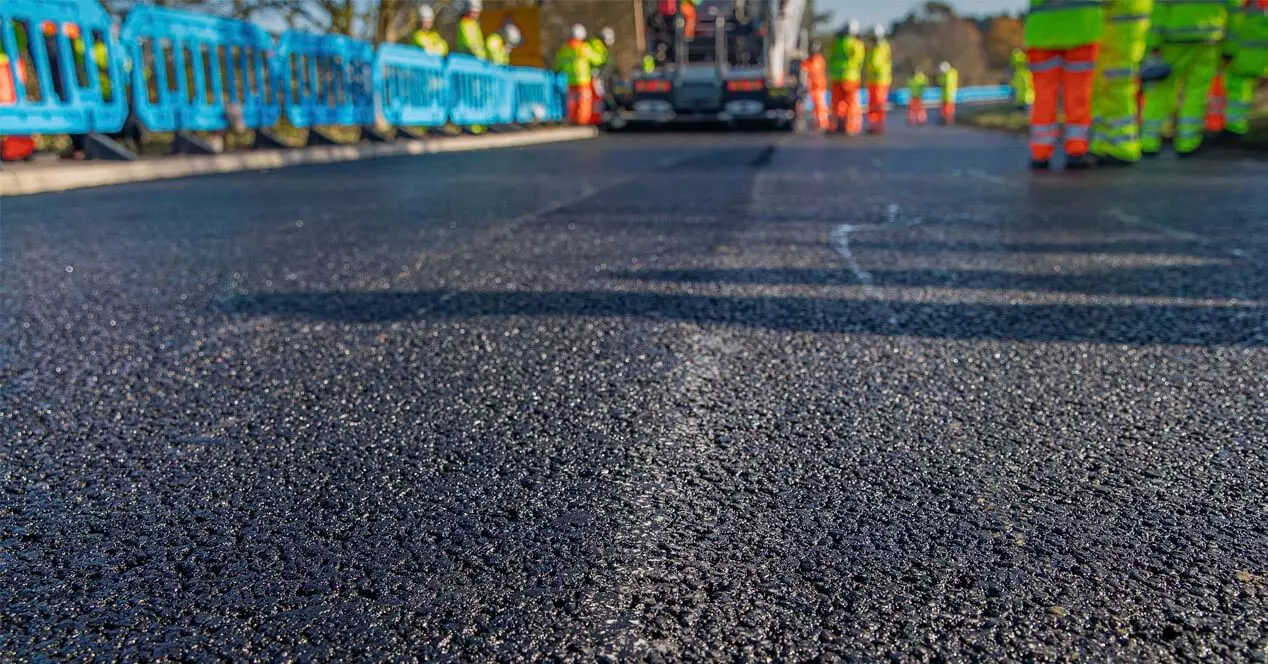The measure aims to make toll roads sustainable and reduce the waste generated by the repair of roads in the nation.
25% of the 80 thousand kilometers of roads in the country have been paved and 90% of that percentage is asphalt paving. The waste generated by repairing roads in our country totals approximately 30,000 cubic meters, equal to 95 soccer fields, which causes great damage to the environment. Due to the current climate crisis, VíasChile has decided to use reclaimed asphalt paving (RAP) to repair its roads and the streets alongside toll roads, which will help stabilize roads. It will also be used to pave dirt roads that generate pollution for inhabitants, and it will extend the useful life of products that used to be discarded.
RAP is made from the remains of demolition or production surpluses . It is a technique that has been used for years in other countries, but only recently began to be used in Chile.
Andrés García, paving clerk, explains the process as “what we did was re-cure asphalt in poor condition by adding binders taken from the same activities for toll road conservation. As time goes by, we are able to say that it is a viable, environmentally friendly technology sustainable over time.”
VíasChile has proposed the goal of making its toll roads sustainable. So, in recent years, it has worked with the National Roadworks Laboratory to study asphalt mixes containing environmentally friendly recycled products to reduce the carbon footprint caused by keeping waste.

